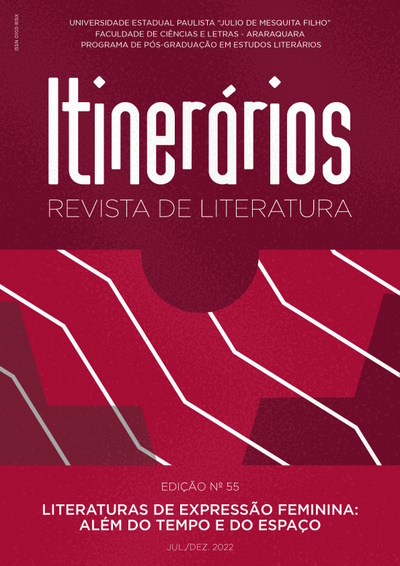n. 55 (2022): Literaturas de expressão feminina: além do tempo e do espaço

Nos últimos anos, como reflexo das questões mundiais contemporâneas que levantaram movimentos feministas como o Me too, percebeu-se também no cenário acadêmico um maior interesse pela literatura de expressão feminina. Com a pandemia, a literatura escrita por mulheres ganhou espaço para além da academia, pois é notável o número de clubes do livro, páginas nas redes sociais e influenciadores digitais dedicados à leitura e à discussão tanto de obras de autoras de clássicos da literatura universal, como de autoras contemporâneas brasileiras ou estrangeiras.
A começar pelo trabalho fundamental de Mary Wollstonecraft com seu revolucionário A Vindication of the Rights of Woman de 1794, que influenciou todo o pensamento do século XIX, além do pioneirismo de Jane Austen, que dentre tantas outras questões, colocou em xeque a condição da mulher naquela sociedade que adentrava o capitalismo agrário, tendo como única possibilidade de sobrevivência a dependência de um casamento bem sucedido, passando por outras grandes escritoras como as irmãs Brontë, Mary Shelley, George Eliot, Elizabeth Gaskell, Emily Dickinson, Louisa May Alcott, o século XIX consolida-se como momento inaugural e potente no que se refere à literatura de autoria feminina. Já o século XX traz novas ondas do feminismo, vozes imperativas como a de Virginia Woolf reivindicando Um teto todo seu (1929) para a mulher moderna, ao mesmo tempo que questiona a tradição literária feminina e a ausência de escritoras ao longo dos anos do cânone ocidental.
O presente dossiê tem como objetivo propor uma reflexão sobre as bases da literatura de expressão feminina, a partir do século XIX, passando pelo século XX, e sobre a sua importância na história da literatura, até chegar nas discussões contemporâneas que envolvem um debate interseccional de gênero, raça e classe.
